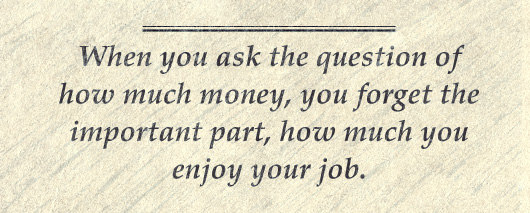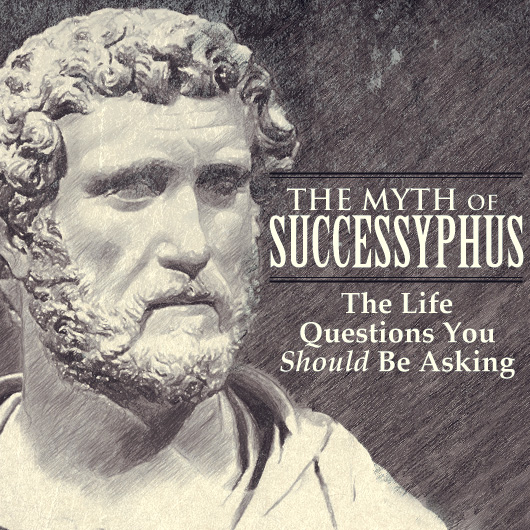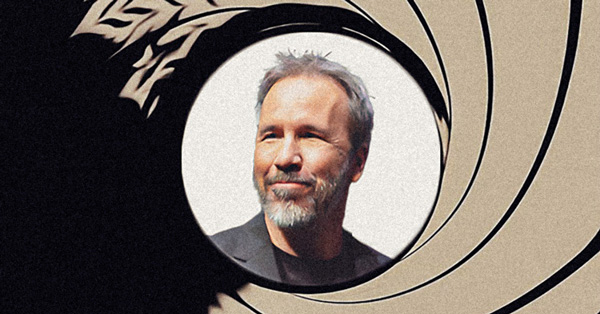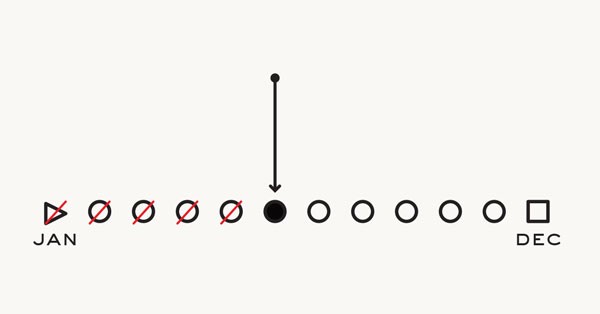Success is a bizarre idea because the word success is subjective. It can mean money, status, passion, or just about anything else.
Many people define it as money. When you look at someone with wealth you instantly imagine how successful he or she may be (or you think about inheritance.) Personally, I define success as being able to sustain yourself while doing work that you WANT to do. There’s another vague term, “work.”
However you may define success, there are still similarities between how you obtain your idea of success. Some people think it’s pure luck, others think it’s motivation that can bring you what you want.
I’m not saying that either is wrong, but when it comes to obtaining success, people ask the WRONG questions. That’s like wanting to sail from the U.S. to Asia but first asking what to name your boat.
The years after college are scary because you worry about the wrong things. Am I supposed to be working right now? When is success coming?
From childhood we’re restricted to asking 2 important questions but we’re forced to look at them from the wrong angle. Instead, we need to look at the questions from another perspective and perhaps outright change the questions. This is powerful and can completely shift your mindset and actions in life.
For example, we often ask questions like, “How much money do I want to earn and what can I do to feel and be perceived as successful?” Instead, ask, “What would I want to do if money wasn’t part of the equation and how do I leverage what I already have?” (like my degree for example.)
The WRONG Question:
“I’ve got my degree. When do I start making money?”
Sadly enough, a college degree is no longer a guarantee these days. Many graduates who have full-time jobs are in jobs that didn’t even require a college degree. Scary.
You’re better off than not by having a degree, but hopefully the cost of education didn’t enslave you into financial debt.
The RIGHT Question:
“How can I use my degree to make myself more professionally attractive?”
Now there’s a good question! Having a degree isn’t enough, but you sure can use it to your advantage if you have it. Unfortunately, the degree doesn’t stand alone in most cases.
Start building up your resume by getting internships. You’ve probably been told that a thousand times, but seriously, internships are important. Paid or unpaid, it’s a great way to start building up your experience to show on your resume. When you have enough experience shown on paper, your degree makes you look even more attractive.
Don’t be afraid to display the degree prominently on your resume if it is from a school or field you’re proud of, but don’t think that just because you have credentials means you’re on the way to the good times. There’s still more work to be done.

The WRONG Question:
“How much money should I be making at my job?”
A lot of people are motivated by the dollar amount. So much so that success is often tied in with the amount of money made. When you ask the question of how much money, you forget the important part, how much you enjoy your job.
The counter-argument is that money gives you peace of mind and keeps you out of poverty. Of course when you are looking for possible career choices, you need enough, but people aim for as high as they can when the excess amount does nothing for you.
Give me over $1 million a year to stand still and stare at a wall without being allowed to do anything else for 10 hours a day and I would turn you down. Or make me sit at a computer and help as a customer support person for the same salary. I’d turn them both down.
A lot of my family wants me to go into medicine not to save lives but to make the six-figure salary. I’m sorry, I would really love to be doing that to save lives, but the sciences aren’t where my passion is. I’d be making a lot of money (maybe) but I wouldn’t feel successful because of the lack of self-satisfaction.
Give me enough to live comfortably and the rest is meaningless.
The RIGHT Question:
“What would I do for the rest of my life if money wasn’t an issue?”
This gets regurgitated quite often but it’s something worth considering because it can help influence your decisions. Would you be happy doing what you’re doing today (or what you’re considering to do) if there was no financial incentive?
I’ll be honest, I still haven’t quite found what I’d want to do yet. In the past 6 months alone I’ve already explored several career options, although I’ll admit it was more superficial exploration than anything. However, I am getting much closer to narrowing down what it is I want.
Like I said earlier, if I am making enough to pay the bills and put food on the table, I’ll be happy with that if I love the work I’m doing. I want to be excited every morning not wanting to hit the snooze button.
After all, money only makes you happier up until a certain amount. Studies show that after a certain point, the more money you make doesn’t necessarily make you any happier.
These two are the most common questions that I hear. Both involve entire mindsets that affect every action that you take. If you believe college is a guaranteed way to success then you will be less motivated to consider the alternatives or understand the reality that it doesn’t guarantee anything. You’ll feel entitled because you have a sheet of paper.
If you ask yourself about the money value, you go into a field because the dollar amount is luring you in not because you think you’ll enjoy it for the rest of your life.
Isn’t that scary? Two wrong questions and mindsets that can be controlling all of your actions and you may not have even realized it.









![No, Timeless Style Is Not a Made Up Marketing Term [Essay]](https://www.primermagazine.com/wp-content/uploads/2023/05/timeless-style_feature.jpg)






